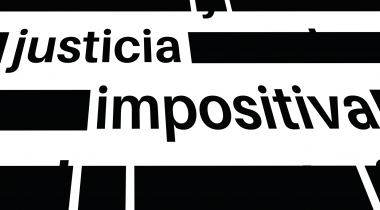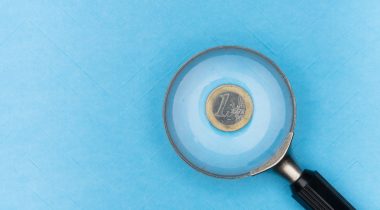
Andres Knobel ■ Call for papers: the Global Asset Registry workshop – Paris, 1-2 July

Wealth inequality poses serious risks to economies, to societies more broadly, and to the functioning of democracies. And yet the actual magnitude of wealth inequality is unknown because of the deep financial secrecy that surrounds it.
Thomas Piketty’s 2014 book, Capital in the Twenty-First Century, called for a Global Asset Registry to ensure that policymakers and the public had access to data on the full wealth distribution. Gabriel Zucman’s The Hidden Wealth of Nations added further support for such a registry.
The Global Asset Registry has therefore been proposed to provide the missing wealth data. Such a registry would not only allow wealth inequality to be measured and understood, it would also facilitate well-informed public and policymaker discussions on the desired degree of inequality, and support appropriate taxation to reduce inequality and its negative consequences. In addition, a registry would also prove a vital tool against illicit financial flows, by ending impunity for hiding and using the proceeds of crime and corruption, and for removing legitimate income and profits from the economy in which they arise for tax purposes.
The Independent Commission for the Reform of International Corporate Taxation held a conference in New York in September of 2018 to discuss a roadmap to a Global Asset Registry, as described in this declaration published on 25 March 2019.
Based on these initial steps, Independent Commission for the Reform of International Corporate Taxation, the World Inequality Lab project, the Tax Justice Network, and Transparency International are co-hosting a workshop to develop the framework for a Global Asset Registry in Paris on 1-2 July.
The organisers wish to invite original, high-quality papers for presentation on:
- What would the ideal Global Asset Registry look like, long-term? (be creative, think big)
- What registries on hard assets (real estate, art, gold, etc) do we have and what could be improved? How much information do they register and disclose on beneficial owners?
- What registries on intangibles (securities, crypto-currencies) do we have and what could be improved? How much information do they register and disclose on beneficial owners?
- Publicity vs confidentiality: who should have access to Global Asset Registry information? Should it depend on whether the owner is a public figure? Should aggregate data (a person’s total wealth) be public?
- What would the Global Asset Registry be useful for?
Please submit abstracts of up to 500 words, along with the required supporting information, using our online application form by 15 May 2019. The review panel will communicate decisions in 31 May 2019. Final papers are due by June 2019.
Financial support may be available for speakers. Please indicate with your submission if you require support to be able to attend. This workshop will take place in English only.
For any queries, please email Andres Knobel ([email protected]) and Tommaso Faccio ([email protected]).

With support from

Related articles

The secrecy enablers strike back: weaponising privacy against transparency
Privacy-Washing & Beneficial Ownership Transparency
26 March 2024

New Tax Justice Network podcast website launched!

El secreto fiscal…tiene cara de mujer: January 2024 Spanish language tax justice podcast, Justicia ImPositiva

Tax Justice Network Arabic podcast #73: ملخص 2023

Get rich cheating in our (educational) tax dodgers version of monopoly

New report on how to fix beneficial ownership frameworks, so they actually work

The Tax Justice Network’s most read pieces in 2023

La victoria de Milei y su repercusión: December 2023 Spanish language tax justice podcast, Justicia ImPositiva


